This blog post features a Duane Morris staff member in celebration of Black History Month.
Black History Month is a time to recognize and appreciate the impact of the contributions and accomplishments Black/African Americans have made over generations. When factoring in the societal conditions that existed when those first black trailblazers began their journey, it makes you appreciate it even more. It’s also not just Black history. It’s American history. My hope is that someday, those histories will be joined together. Along with the achievements of other cultures and ethnicities as the fabric of this country and its history is woven with many different multi-colored threads. It all needs to be taught and celebrated equally throughout the year.
For me personally, I focus more on family during this time of year. All of my grandparents are deceased, but I still cherish and remember the stories that I heard growing up. Nothing glamorous…just true life experience type things that they encountered and how they handled those situations and persevered through them. My parents also have their own stories to tell as they both grew up during the Civil Rights Movement. As I’ve gotten older, I have realized that there’s a lot of Black/African American history outside of what can be found in textbooks or on the internet. There are stories that are passed down through family and friends that are just as important to how we as a people view ourselves, celebrate our culture and how we move towards making new history. Continue reading “Too Rich of a History for Only One Month”

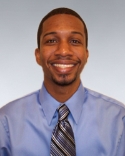
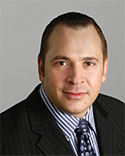
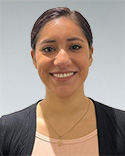

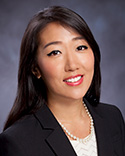
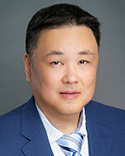
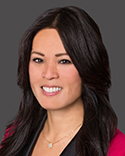
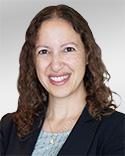 Shireen Y. Wetmore
Shireen Y. Wetmore 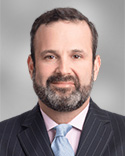 By
By 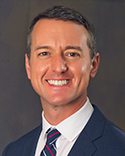 By
By